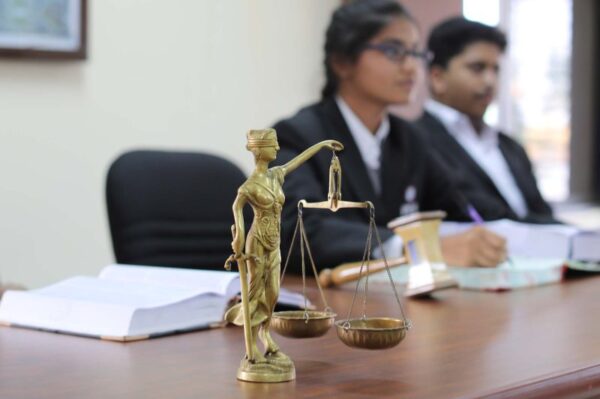| # | Name | designation | email id |
|---|---|---|---|
| 1 | Dr. Pooja Agarwal, Professor, CSE | Presiding Officer | poojaagarwal@pes.edu |
| 2 | Dr. Anitha N, Associate Professor, S&H | Member | nanitha@pes.edu |
| 3 | Dr. Keya Das | Member | psychiatry@pesuimsr.pes.edu |
| 4 | Dr. Shashikala Srinivas | Member | ankitapandey@pes.edu |
| 5 | Dr. Ankita Pandey, Assistant Professor, Faculty of Law | Member | ankitapandey@pes.edu |
| 6 | Mr. Sajeev Nair, Assistant Professor, Faculty of Management |
Member | sajeevnair@pes.edu |
| 7 | Dr. Vishnu Prasad C, Assistant Professor, Faculty of Commerce | Member | chandvinishekar@gmail.com |
| 8 | Mrs. Jayshree Nadig Student Counselor | Member | jayshreenadig@pes.edu |
| 9 | Ms. Ritu Ponnamma, Office Assistant, Faculty of Pharmaceutical Sciences | Member | pesuicmember@pes.edu |
| 10 | Mr. Raghavendra R, PhD Research Scholar,(Commerce) | Member | pesuicmember@pes.edu |
| 11 | Ms. Sahana M (MCA student) | Member | pesuicmember@pes.edu |
| 12 | Ms. Manya Udaya Shetty (BTech student- CSE) | Member | pesl ug23am 168@pesu.pes.edu |
| 13 | Mrs. Rekha Ramachandran, Founder and Secretary, Disha charitable trust for value initiatives, Bangalore. |
Member from NGO | reka.disha@gmail.com |

The Supreme Court defined sexual harassment as any unwelcome gesture, behavior, words or advances that are sexual in nature. The court, for the first time, drew upon an international human rights law instrument, the Convention on the Elimination of All forms of Discrimination against Women (CEDAW), to pass a set of guidelines that are popularly known as Vishakha Guidelines, which include:
Before 1997, women experiencing sexual harassment at workplace had to lodge a complaint under the Indian Penal Code, 1860, ss. 354 and 509. Subsequently, the committee as envisaged in the Vishakha judgment has de facto authority and legal status.
Pursuant to the Vishaka judgment, the Central Civil Services (Conduct) Rules 1964, were amended in 1998 to incorporate r. 3C which prohibits sexual harassment of working women.